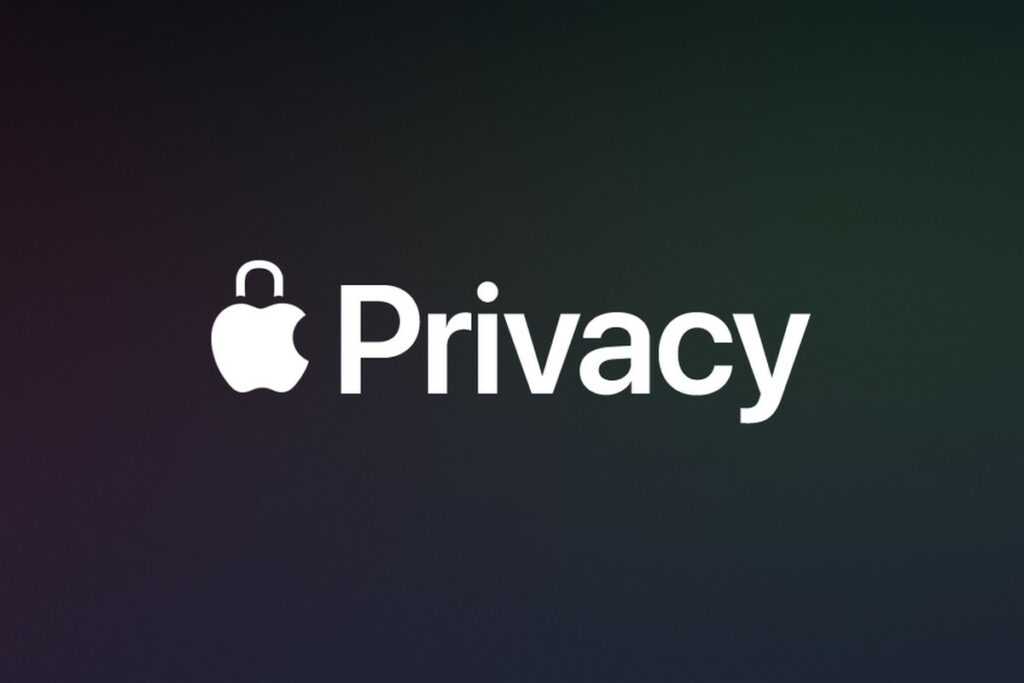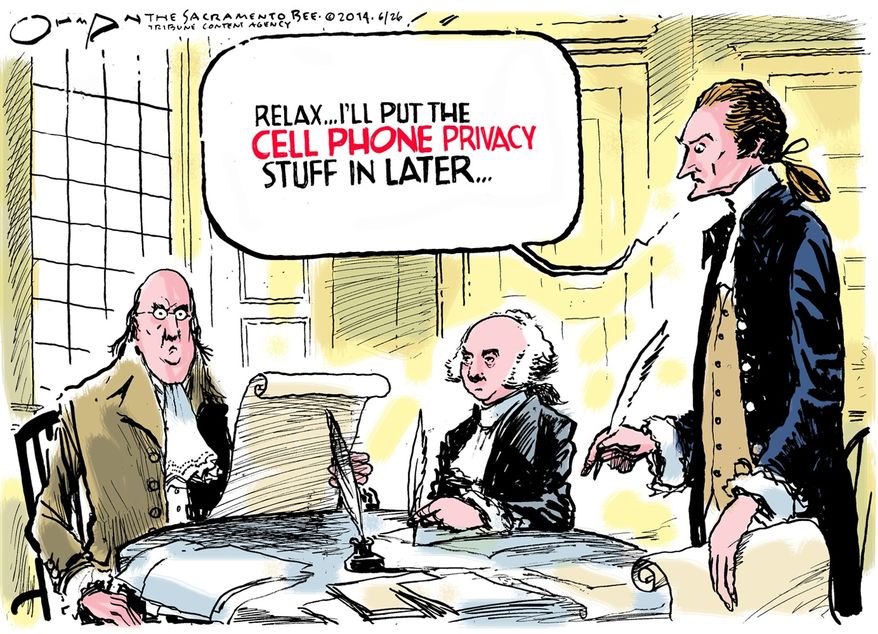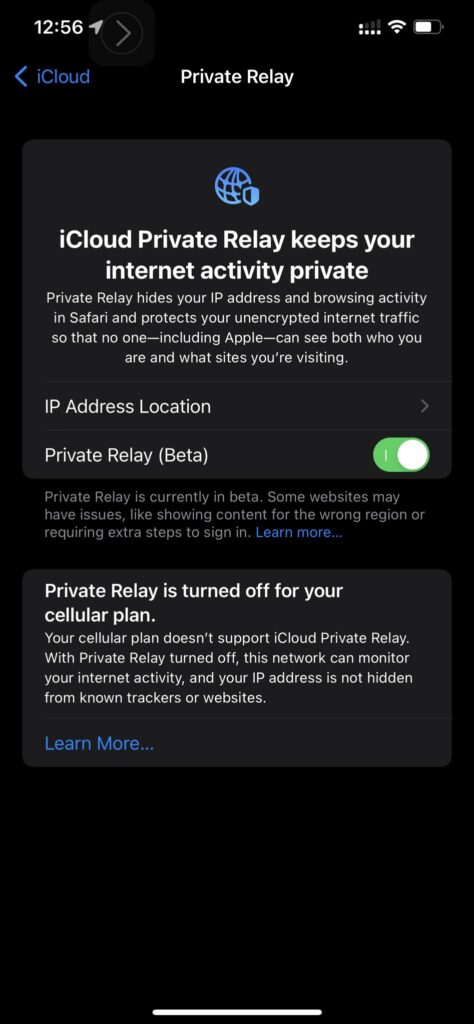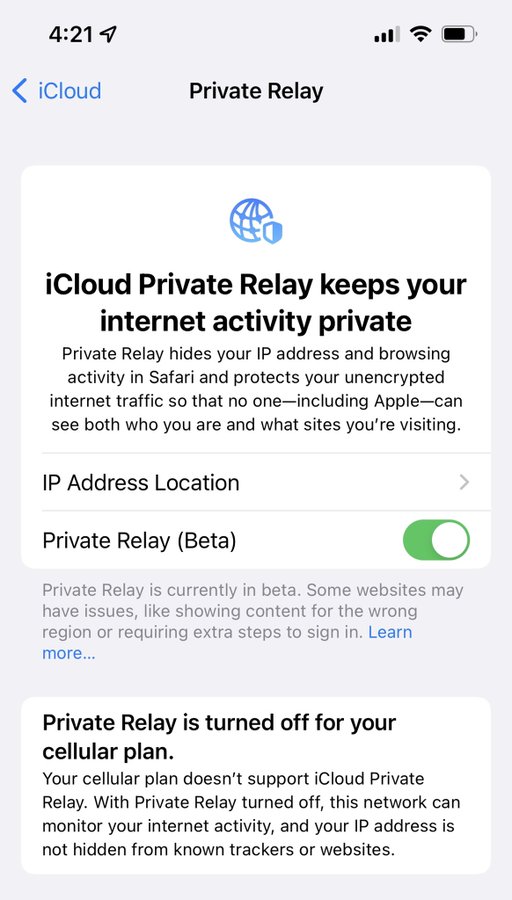With IOS 15, Apple has introduced a new privacy feature to iCloud users… or at least those who are willing to pay. Available as a setting on iCloud+ accounts, Apple’s iCloud Private Relay functions somewhat similarly to a VPN, offering increased privacy and security when navigating the internet1. However, the implementation of this feature has not been without controversy, receiving pushback from mobile carriers internationally.

Many carriers, mostly in Europe, have blocked the relay, citing various justifications3. In America, T-Mobile has stated that users utilizing parental controls or T-Mobile’s “Web Guard” feature are restricted from the relay simply due to interference, though justifications have been inconsistent internationally3. In the UK, for example, T-Mobile has joined other European carriers, like Orange and Vodafone, in protesting Apple’s Private Relay, citing concerns that the relay would:
- Undermine access to network metadata3
- Limit the ability of carriers to manage their networks3
- “Impair others to innovate and compete in downstream digital markets,” as per a letter to European lawmakers4
Carriers are also citing antitrust sentiments in an effort to ban the feature entirely, apparently concerned with alleged anti-competitive practices by Apple3.

Relay Restricted by T-Mobile 
Relay Restricted by AT&T
Whatever the reasons given, it is clear that many carriers are against the relay as shown by their calls for regulation. In a letter to European lawmakers, carriers jointly suggested that Apple’s Private Relay should be outright banned3, 4. While similar sentiments have not been outwardly shared in North America, Jason Cross of Macworld points out that T-Mobile is restricting the Relay rather than giving consumers the choice of safety features1, making their view apparent. To further complicate the matter, both T-Mobile and Apple have recently contradicted previous statements and actions by denying carrier involvement in blocking the Relay, bringing into question how much of a reputation hit carriers need to take for fighting against user privacy until they begin to backpedal.
“Privacy to us is a human right… this is like freedom of speech and freedom of the press, and privacy is right up there for us”
– Tim Cook, Apple’s CEO, as reported by CNBC in 20185
Regardless of the international inconsistencies in messaging, it seems apparent that these calls for regulation are based on concerns over competition and Apple’s status as a tech monopoly. While a more cynical individual might bring up that Apple’s Relay would make it more difficult for carriers to collect and sell data to targeted advertisers3, it may also be mistaken to crown Apple as champions of privacy before examining their own apparent perspective. Apple is restricting use of this feature to only accounts in good standing who have paid for an iCloud+ subscription6, making two things abundantly clear; Apple believes privacy is a privilege to be earned, not a right to be protected regardless of their public messaging, and that this privilege should only be given to those who, beyond paying for an Apple product itself, are ready to pay. Rather than viewing this controversy as a battle of mobile privacy, it may be more prudent to view it as one of profit (shocking, I know). Apple seems to agree with carriers that users aren’t entitled to control over their mobile data. The two parties simply disagree about whether this control is for sale, and who should ultimately profit from the data itself.

References
- iCloud+ Private Relay FAQ: Everything you need to know [Internet]. Macworld. 2022 [cited 17 January 2022]. Available from: https://www.macworld.com/article/348965/icloud-plus-private-relay-safari-vpn-encryption-privacy.html
- How to use Apple’s Private Relay feature with iCloud Plus [Internet]. The Verge. 2022 [cited 17 January 2022]. Available from: https://www.theverge.com/22573519/apple-private-relay-icloud-plus-ios-15-ipados-macos-monterey-how-to
- Carriers Are Blocking Apple’s VPN-Like Private Relay Feature | Digital Trends [Internet]. Digital Trends. 2022 [cited 17 January 2022]. Available from: https://www.digitaltrends.com/mobile/apple-icloud-private-relay-carrier-blocking/
- Nast C. Apple’s Private Relay Roils Telecoms Around the World [Internet]. Wired. 2022 [cited 17 January 2022]. Available from: https://www.wired.com/story/icloud-private-relay-blocking/
- Apple CEO Tim Cook: ‘Privacy to us is a human right…a civil liberty’ [Internet]. 2022 [cited 17 January 2022]. Available from: https://www.cnbc.com/2018/04/10/apple-ceo-tim-cook-on-the-importance-of-consumer-privacy.html
- Prepare Your Network or Web Server for iCloud Private Relay – Support – Apple Developer [Internet]. Developer.apple.com. 2022 [cited 17 January 2022]. Available from: https://developer.apple.com/support/prepare-your-network-for-icloud-private-relay/
- https://www.washingtontimes.com T. I’ll put the cell phone privacy stuff in later … [Internet]. The Washington Times. 2022 [cited 17 January 2022]. Available from: https://www.washingtontimes.com/cartoons/obama-presidency/ill-put-cell-phone-privacy-stuff-later/
Hyperlinks
- iCloud+ Private Relay FAQ: Everything you need to know [Internet]. Macworld. 2022 [cited 17 January 2022]. Available from: https://www.macworld.com/article/348965/icloud-plus-private-relay-safari-vpn-encryption-privacy.html
- T-Mobile Concedes iOS 15.2 Did NOT Disable ‘iCloud Private Relay’ for Its Customers | Here’s What Happened [Internet]. iDrop News. 2022 [cited 17 January 2022]. Available from: https://www.idropnews.com/news/t-mobile-concedes-ios-152-did-not-disable-icloud-private-relay-for-its-customers-heres-what-happened/177139/
- Ng G. Apple Says No Carrier Partners Have Blocked iCloud Private Relay [Internet]. iPhone in Canada Blog. 2022 [cited 17 January 2022]. Available from: https://www.iphoneincanada.ca/news/apple-says-no-carrier-partners-have-blocked-icloud-private-relay/



Ah yes, a corporation trying to profit off of the rights of people, instead of, you know, just allowing those features to simply exist for all. I know that’s incredibly cynical, but I’ve always had problems with corporations trying to squeeze their users for every cent they are worth, instead of putting the needs and rights of their users first (shocking, I know). It is encouraging though, to see various companies and organizations speaking out against this Relay feature, showing that they aren’t just complicit in whatever Apple may be doing behind the scenes.
Thanks for your comment, it was certainly an interesting perspective to hear. While I did point out that Apple clearly doesn’t view privacy as a right as they proclaim, and thus we should be hesitant to think of them as a pro-privacy company, I certainly wouldn’t look at the actions of carrier corporations as encouraging. While Apple is treating privacy as a commodity or service (and squeezing even more out of people who already splurged on an iPhone), I think its important to note that carriers treat it as a cash cow, trying to restrict user control so they can collect and sell your data to third parties. Furthermore, I don’t think its necessarily crazy for Apple to charge for this service, as there are expenses associated with this kind of feature, it’s just hypocritical that they would rather profit than campaign for change. Your perspective definitely gives something to think about in this regard, I’m just not so sure that there is a “good guy” here, and if anything at least Apple is willing to cede data control under specific conditions as opposed to the mentioned cell carriers.
I mean, when dealing with corporations, I don’t think there is ever a “Good Guy”. But the note that carriers treating it as a cash cow is completely valid. I do have to admit, I’m a little cynical when it comes to corporations, so Apple choosing to profit rather than the campaign to change doesn’t surprise me too much.
Understandable, I’m typically cynical on the matter too. I do think it’s important when considering any story to try and limit the impact of such pre-conceived biases on our perceptions (like corporations = bad), lest we end up in tinfoil hats raving about how the government is using birds to track us, but there’s no doubt that it would be equally ill-advised to believe everything they say. As with everything, cynicism is only healthy in moderation!
I think I see some possible trends in events like this. Privacy may in the future be a service you can only pay for. In the last class, I reached a consensus with my team members that privacy should be protected as a basic human right. But apple, one of the leaders in electronics and cloud services, is sure to be followed by others after it pioneered a paid service for privacy protection.
It certainly doesn’t speak well for privacy being established as a right. However, at the end of the day we must recognize it’s not Apple who can grant us the right to mobile privacy, and at the end of the day the data collection we experience is consensual when we sign up for these services. Through that lens, at least to me, I can at least be hopeful that companies in the future profit by giving me MORE privacy (like the relay would), rather than profiting off of selling my data. It’s not ideal, but I suppose privacy for a cost is better than none at all?
Great Post!
I think all of them never care about how to protect our privacy, they only care about how to earn more profits. Apple’s Private Relay only can be offered to us if we have paid for an iCloud+ subscription. This means we need to pay Apple for asking them to protect our privacy rights, but it should be their duty to protect our privacy rights. Also, the carriers, even though we have already paid them for their services, there is still some news talking about how the staffs who work in these carriers sell our personal private information to some people. Thus, in this case, I think the best way to deal with this problem is to ask some relevant non-government organizations to help us protect our privacy rights.
A really good post!
I don’t think any of these companies really care about protecting our privacy. The Apple is contradicting what its CEO said in 2018, about privacy being a human right. If it is a human right then why is it only available to those who pay for it? The carrier companies going against Apple also only cares about earning money. Since only Apple will have access to this data, therefore the carrier companies won’t be able to earn money of it.
That was interesting post to read! I believe nowadays privacy became like a business to all companies. I believe that privacy is considered an active area of marketing for technology industry. looking forward, I don’t know to how further this will go! privacy should be an essential thing all companies should look for as a safety procedure for their customers not a way to gain profit out of them. But overall this is a great post!!
Interesting post. It’s just shocking how these major companies such as Apple are treating privacy like some sort of business commodity. I believe that what they are doing is just morally wrong. Privacy is something that should be a basic right everyone should be able to have. Companies like Apple shouldn’t make us pay for privacy, that’s something that we should get no matter what. We already spend so much money on all of the Apple products such as phones, AirPods, laptops, and now they want us to pay for privacy too. Can’t they just give us a break and stop leeching off money from us. It was definitely surprising to see all these mobile companies protesting against this whole relay feature. I would not have expected so many companies to speak up about this but that is definitely a good thing. These big companies such as Apple have a duty and responsibility towards making our lives better and giving us privacy is part of that.
This is an interesting perspective which David Adam shared above. I certainly don’t think monetization of privacy is a good thing, but I don’t know that I would classify mobile carriers protesting it as a “good” thing.
Keep in mind: carriers like T-Mobile are not interested in protecting your privacy, rather they profit more by selling your data to advertisers than they would be offering something similar to this relay. Ultimately, the relay provides users with MORE privacy, and carriers dislike that. I suppose the question is whether you would rather have to pay for privacy, or have none at all.
Ultimately I agree with your main point though. The current environment is such that Apple can make you pay for privacy, which isn’t ideal, and they’re being extremely hypocritical based on prior stances. I wish it could be different, I’m just not sure banning or fighting the relay, which is a tool for privacy, is the right move.
After all, should we ban things like NordVPN as well? It takes expertise and effort to secure data (as we learned in class), and while we may have a right to privacy, I’m not sure we have a right to encryption and hidden IPs. Especially since we consent to the data collection Apple’s relay would protect us from.
Thanks for your comment, it gave me a lot to think about!
Hey, great article. I know it has been on the front page of news channels how organizations profit off their users in ways that are not quite ethical. The very fact that privacy is being treated as a commodity is quite concerning as it is starting to become a common business practice among other practitioners such as Google, Amazon, Facebook (or Meta). However, at the same time, there is much being developed globally in promoting privacy as a domestic and international policy. I hope that in the future much would be done to protect users and citizens alike.